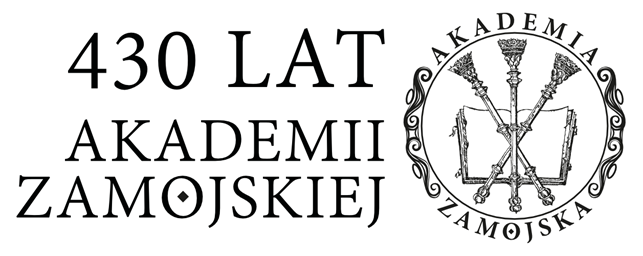The Application of Customer Perspective Indicators in the Management of Rural Communes
Julia Gorzelany-Plesińska
Abstract
A commune performs specific functions defined by the law and included in the act on local self-government. It fulfils public tasks, acts on its own behalf and at its own cost. Commune management is a very difficult and complex task. However, it needs to be remembered that the fundamental objective of all communes is to meet the needs of its inhabitants. P. Drucker stated that the only right objective of an enterprise is “a satisfied customer”. For a commune, inhabitants are the customers. It is very often the case that commune authorities do not realize the important role of local inhabitants in the area’s development. In fact, all activities performed by the commune should be aimed at satisfying the needs of local inhabitants. The Balanced Scorecard is a management tool combining long and short-term goals, financial and non-financial indicators in order to measure effectiveness of performed activities. One of the four perspectives applied in this method is the customer perspective. Main performance indicators from the point of view of the customer include the following: satisfaction, customer retention, gaining new customers, profitability, product attributes, relationships with customers and reputation. The article refers these indicators to a rural commune and based on empirical analysis attempts to create a model of how these indicators could be used and what should be changed. In the conclusion, the articles points out areas for change.
Keywords:
rural communes, customer satisfaction, indicatorsMost read articles by the same author(s)
- Julia Gorzelany-Plesińska, E-Services as a Part of Implementation of the Strategies for Computerization of the Country (Case Study of Zabierzów Commune) , Regional Barometer. Analyses & Prognoses: Vol. 11 No. 2 (2013)
Details
References
Statistics
Authors
Citation rules
Licence

This work is licensed under a Creative Commons Attribution-NonCommercial-NoDerivatives 4.0 International License.


 English
English
 Język Polski
Język Polski




